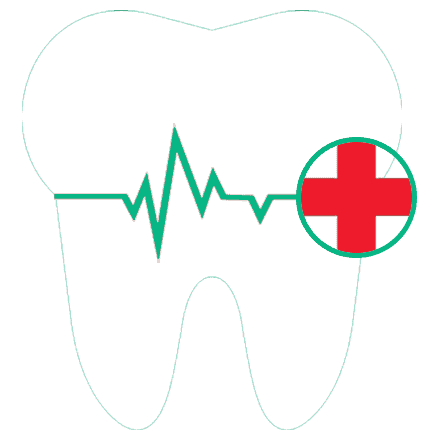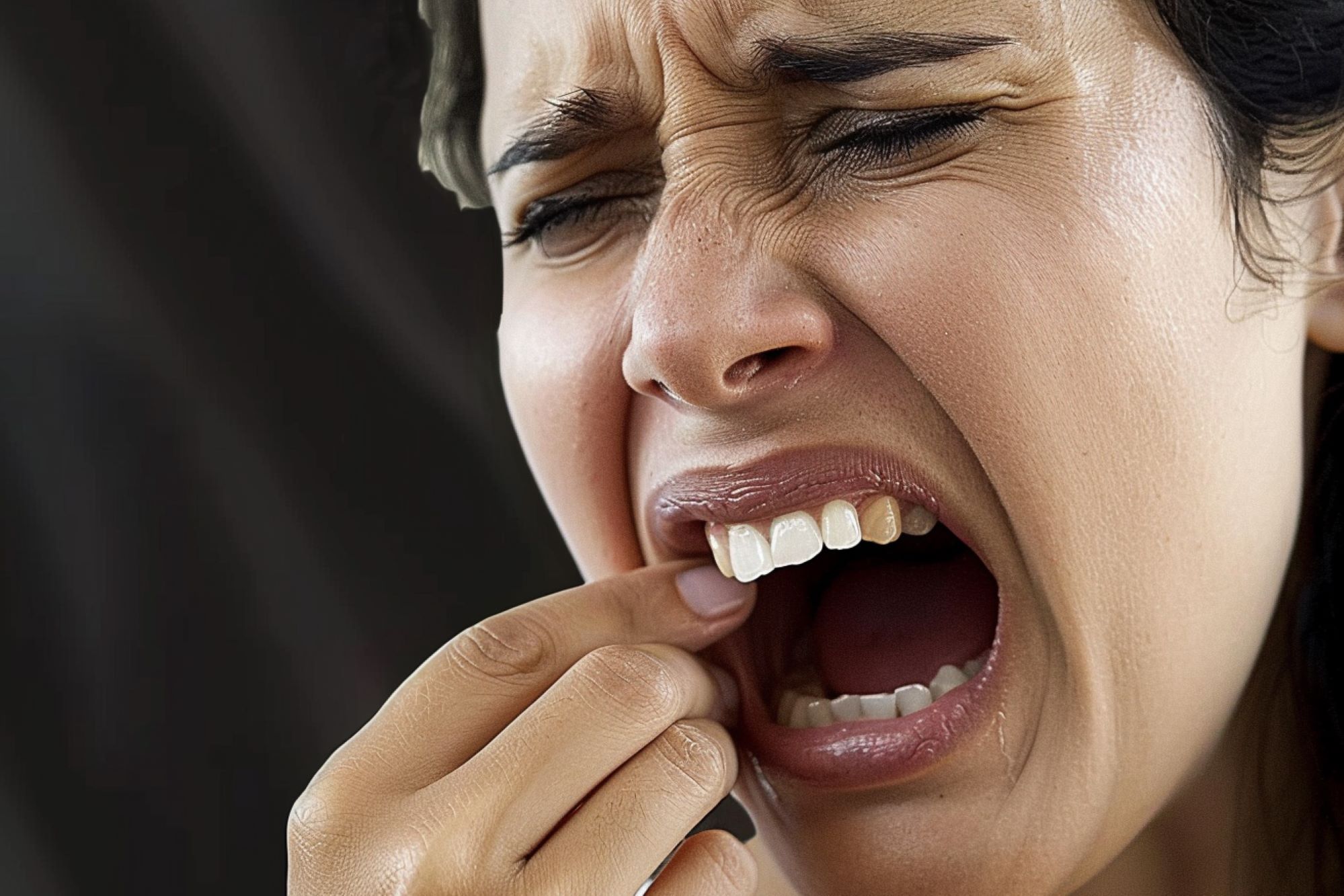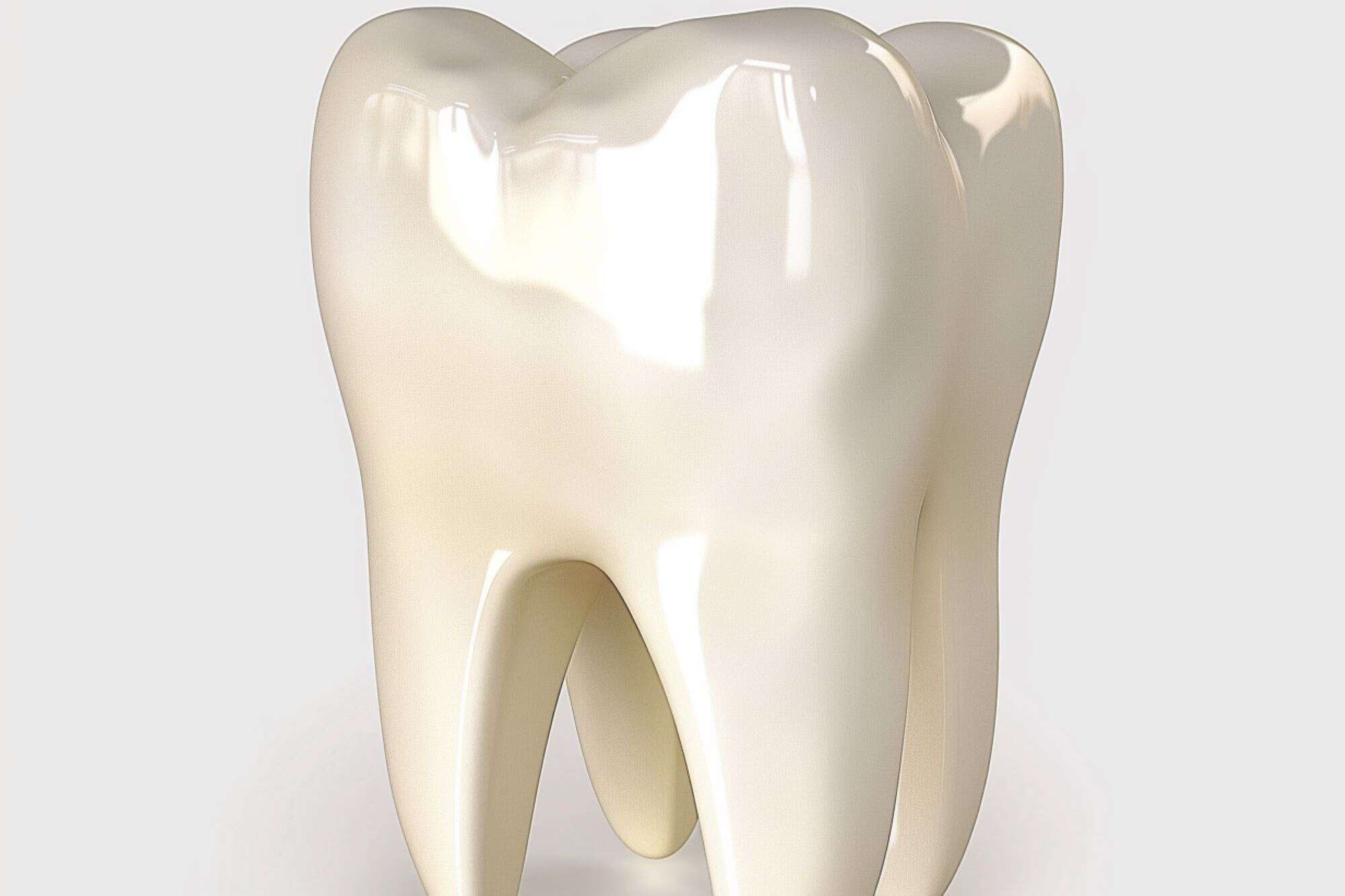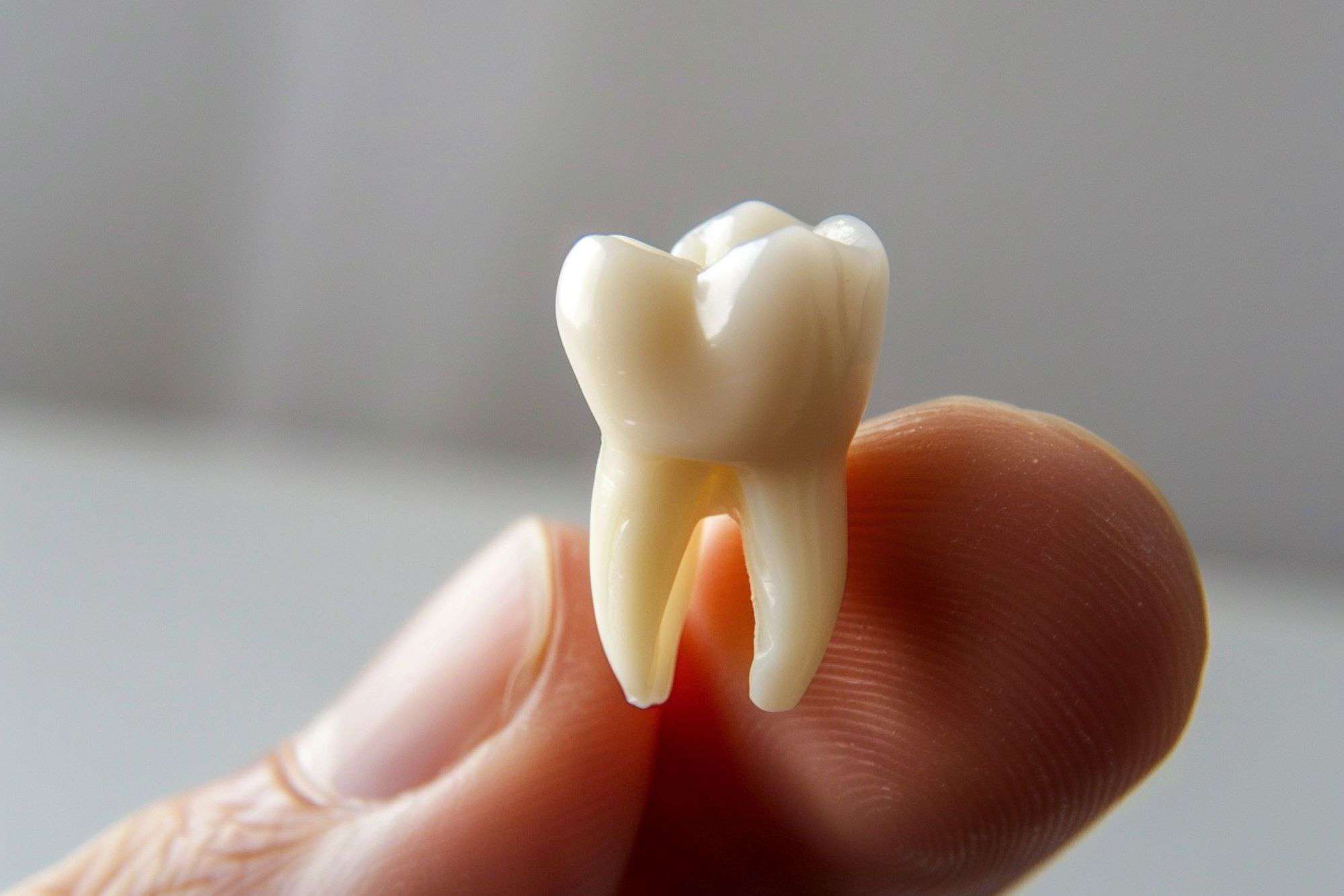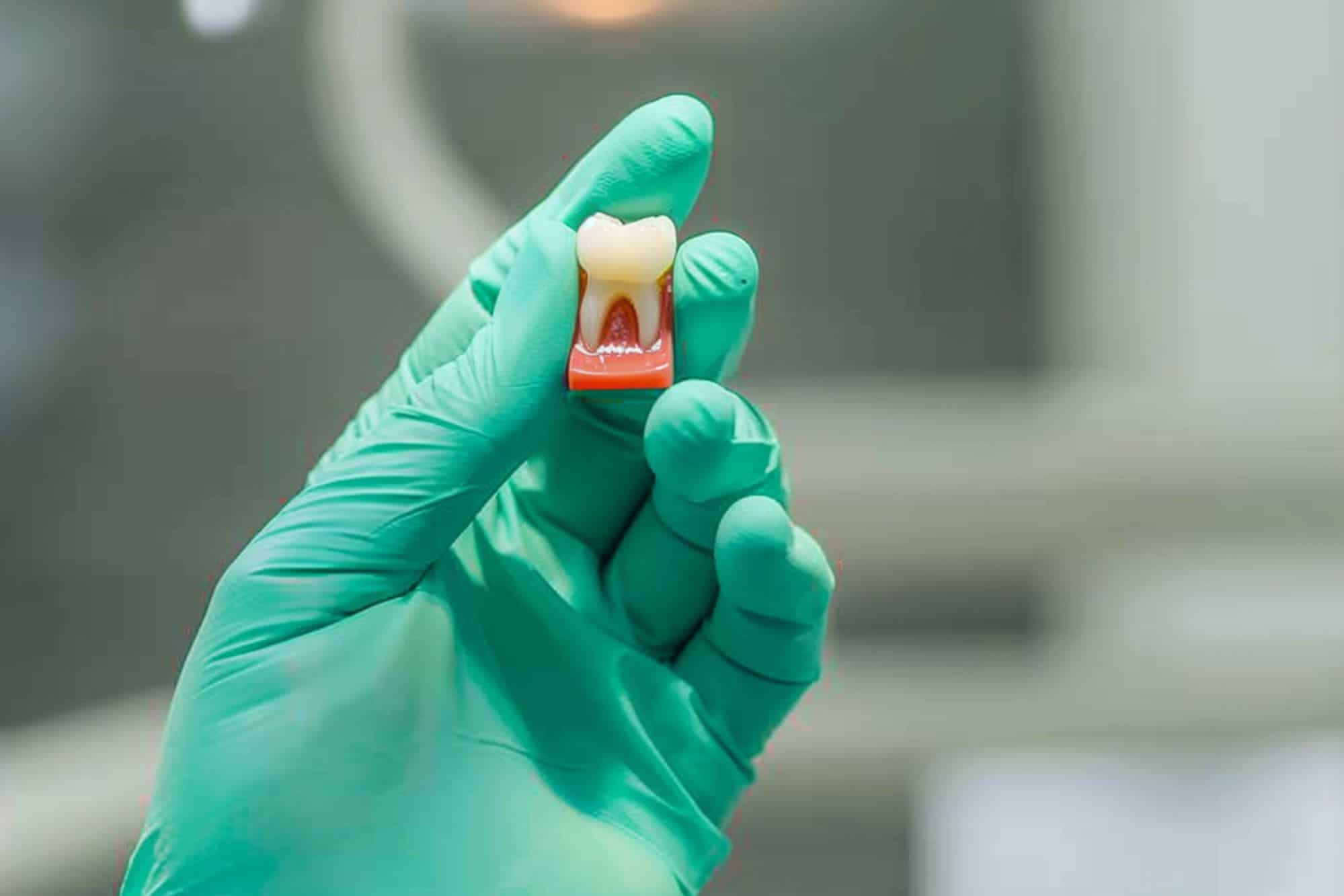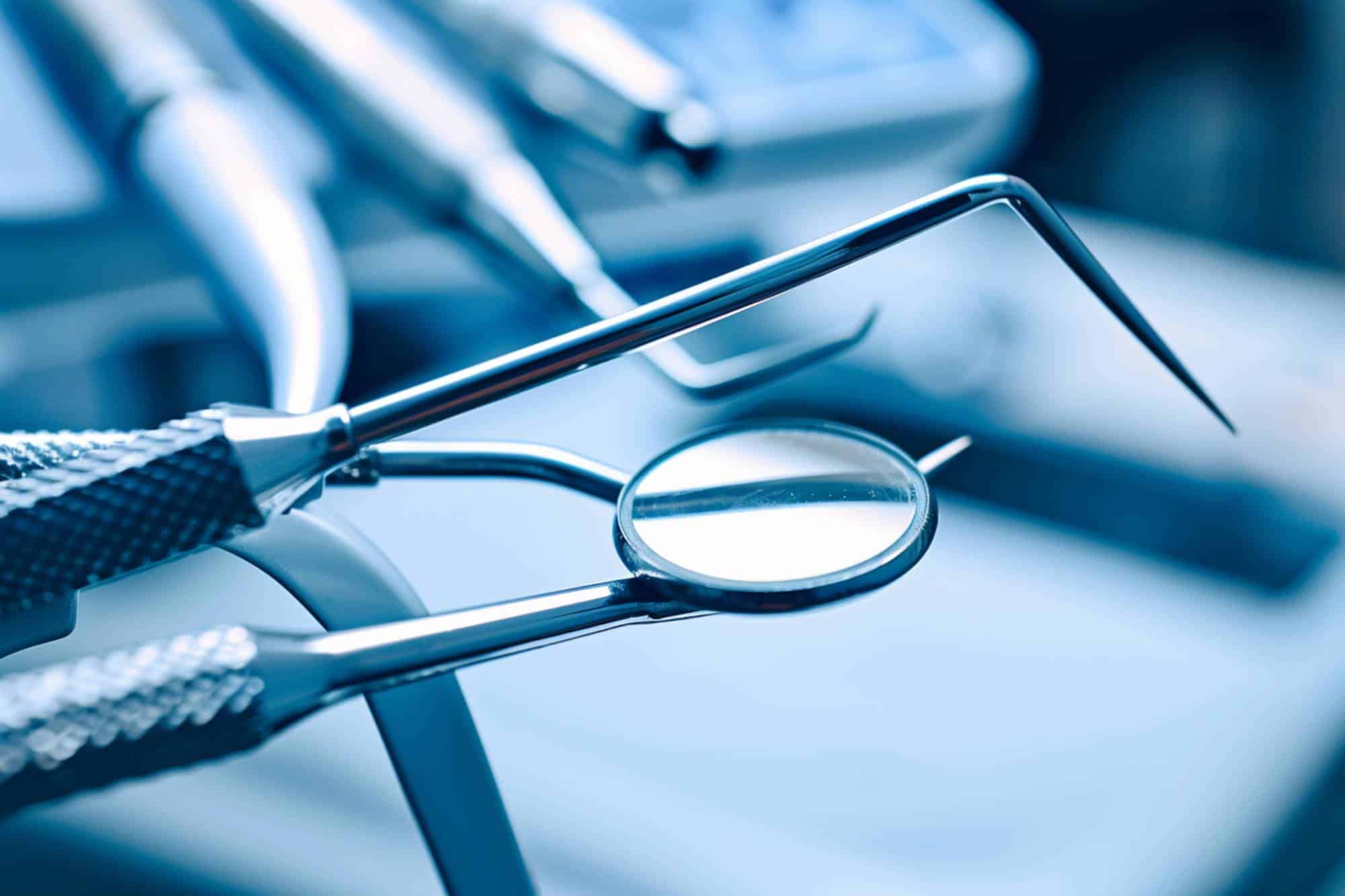Welcome to our blog post on emergency dental care in Roanoke. Ever wondered what exactly an emergency dentist does and when you might need one? Today, we’ll explore the crucial services these dental professionals provide, helping you understand when it’s essential to seek their expertise. Our goal is to ensure you’re well-informed about how to handle dental emergencies, ensuring the best possible outcomes for your dental health.
Understanding Emergency Dentistry
Emergency dentistry is a crucial branch of dental care focused on addressing oral health issues that demand immediate attention. These situations typically involve severe discomfort, significant pain, or the risk of serious health complications if not treated promptly. In Roanoke, emergency dentists are highly trained professionals who specialize in handling these urgent needs outside regular office hours.
Whether you’re dealing with a knocked-out tooth, excruciating tooth pain, or a severe infection, emergency dentists are equipped with the necessary skills and tools to provide timely care. Their main objectives are to alleviate pain, treat underlying infections, and perform critical dental procedures that cannot be delayed. These specialists are indispensable during after-hours situations or when a dental emergency arises that cannot wait for a scheduled appointment.
Common Dental Emergencies
Severe Toothache
A severe toothache can be a sign of serious underlying issues, such as infection or decay reaching the nerve of the tooth. It’s characterized by persistent, intense pain that makes daily activities uncomfortable. If the pain persists and is accompanied by swelling or fever, it’s time to see an emergency dentist immediately.
Knocked-Out Teeth
Accidents happen, and a knocked-out tooth is a prime example of a dental emergency. If you or a loved one has a tooth knocked out, it’s crucial to handle the tooth by the crown (the part that is visible in the mouth) and avoid touching the root.
If possible, rinse it gently without scrubbing and attempt to place it back in its socket. If that’s not feasible, keep the tooth moist by placing it in a glass of milk or saliva and head to the emergency dentist right away. Prompt action can significantly increase the chances of saving the tooth.
Broken or Cracked Teeth
A broken or cracked tooth often results from biting on something hard, trauma, or accidents. If the break exposes the inner layers of the tooth or causes sharp pain, it’s considered an emergency. Rinse your mouth with warm water, apply a cold compress to reduce swelling, and see an emergency dentist promptly to prevent further damage or infection.
Infections and Abscesses
An abscessed tooth is a severe infection at the root of the tooth or between the gum and a tooth. It’s often painful and may cause swelling, pus, and fever. This condition is an emergency because the infection can spread to other parts of the body if not treated quickly. Contact an emergency dentist immediately if you suspect you have an abscess.
RECOMMENDATION
The prompt action and immediate attention from an emergency dentist can manage pain, preserve your teeth, and prevent further complications.
Procedures Performed by Emergency Dentists
Root Canals
A root canal is a common procedure performed by emergency dentists when the pulp of the tooth, which contains nerves and blood vessels, becomes infected or severely inflamed. Symptoms might include severe pain, sensitivity to hot or cold, and swelling.
During a root canal, the infected pulp is removed, the inside of the tooth is cleaned and disinfected, and then filled and sealed. This procedure not only saves the tooth but also alleviates pain and prevents the spread of infection.
Dental Crowns and Repairs
If a tooth is cracked, chipped, or broken, an emergency dentist may restore it using a dental crown. This cap is placed over the tooth to restore its shape, size, strength, and appearance.
Crowns are often necessary after a root canal on a molar, to cover a dental implant, or to repair a severely worn or broken tooth. The procedure involves preparing the tooth, taking an impression for the crown, and fitting a temporary crown until the permanent one is ready.
Extractions
Sometimes, a tooth may be too damaged or decayed to save. In such cases, an emergency extraction is necessary to prevent the spread of infection and relieve severe pain. Emergency dentists perform extractions when there is no other viable treatment option, ensuring the process is as pain-free as possible with the use of local anesthesia.
Re-implantation of Teeth
For a knocked-out tooth, re-implantation is a critical procedure. If you arrive at the dentist in time (typically within an hour of the accident), there is a good chance the dentist can re-insert the tooth into its socket, stabilizing it with a splint while it heals back into place. This procedure underscores the importance of quick action after such an injury.
What Does Not Constitute a Dental Emergency?
Minor Toothache
If you have a mild toothache that comes and goes or that can be managed with over-the-counter pain relievers, it’s likely not an emergency. Monitor the situation and schedule a visit with your dentist at your earliest convenience, especially if the pain persists or worsens over time.
Cosmetic Concerns
Issues such as a chipped tooth that doesn’t hurt, minor spacing between teeth, or staining are not considered emergencies. These are typically aesthetic concerns that can be addressed during normal dental visits and do not require the urgent attention of an emergency dentist.
Regular Check-ups and Cleanings
Routine dental check-ups, cleanings, and preventive treatments are not emergency procedures. These are important for maintaining dental health but can be scheduled in advance and do not require immediate action.
By understanding these distinctions, you can avoid unnecessary trips to the emergency dentist, saving time and resources for true dental emergencies.
Preparing for a Dental Emergency
Being prepared for a dental emergency can significantly enhance your ability to handle the situation effectively and ensure the best possible outcomes. Here’s how you can be ready if an emergency arises:
What to Do Immediately Following a Dental Injury
If you suffer a dental injury, such as a knocked-out tooth, broken tooth, or severe bite on the lip or tongue:
Preserve the tooth: For a knocked-out tooth, keep it moist at all times. Place it in milk, or hold it in your mouth between the cheek and gums.
Clean the area: Gently rinse your mouth with warm water if you have a cracked or broken tooth. If there is bleeding, apply a piece of gauze to the area until the bleeding stops.
Apply cold compresses: Reduce swelling and relieve pain by applying a cold compress to the face in the area of the injury.
Essential Information to Provide Your Emergency Dentist
When you contact or visit your emergency dentist, be ready to provide:
Details of the incident: Explain what happened and how the injury occurred.
Symptoms: Describe the pain, swelling, bleeding, or any other symptoms you are experiencing.
Medical history: Inform the dentist of any allergies, previous dental work, or relevant medical history that could affect emergency treatment.
These preparations can help your emergency dentist in Roanoke to provide faster and more accurate treatment, potentially saving your tooth and preventing further complications.
Costs and Considerations for Emergency Dental Care
Understanding the financial aspects of emergency dental care is essential, especially when faced with unexpected dental issues. Costs can vary depending on the procedure needed: root canals can cost up to $1,200, dental crowns cost may even go as high as $2,000, simple extractions are usually $150 to $300, and more complex surgeries like re-implantation and emergency repairs can vary widely.
It’s crucial to consider the array of payment options available to manage these emergency costs. Most dental insurance plans cover some emergency procedures, but it’s important to verify the specifics with your provider.
Additionally, many dental offices offer payment plans or financing options to facilitate payment. For those without insurance, some clinics provide services on a sliding scale based on income or at reduced rates through dental school clinics.
…discussing potential emergency scenarios with your dentist can help you prepare financially and reduce stress during dental emergencies.
Being proactive by discussing potential emergency scenarios with your dentist can help you prepare financially and reduce stress during dental emergencies.
Frequently Asked Questions
How quickly should I see an emergency dentist?
Immediate action is crucial in many dental emergencies, especially if there’s severe pain, bleeding, or a knocked-out tooth. For a knocked-out tooth, seeing a dentist within an hour can significantly increase the chances of saving the tooth.
Can a knocked-out tooth be saved?
Yes, a knocked-out tooth can often be saved if it is promptly placed back into its socket or kept moist and brought to the dentist quickly. The sooner you act, the better the chances of re-implantation being successful.
What are the signs of infection that require emergency dental care?
Signs of a dental infection that necessitates urgent care include severe pain, swelling, fever, pus or a foul taste in the mouth, and increased sensitivity to heat or cold. If you experience these symptoms, seek emergency dental care immediately to prevent the spread of infection.
How do I find an emergency dentist near me?
It’s best to prepare ahead of time by asking your regular dentist about emergency services they offer or if they recommend someone. Keep a list of local emergency dental clinics or dentists that offer after-hours services in Roanoke, so you’re ready if an emergency occurs.
Conclusion
Understanding what an emergency dentist can do is crucial for handling unexpected dental issues effectively. We hope this guide has equipped you with the knowledge to identify dental emergencies and seek appropriate care swiftly. Remember, quick action and knowing when to seek help are key to preserving your dental health and preventing further complications.
